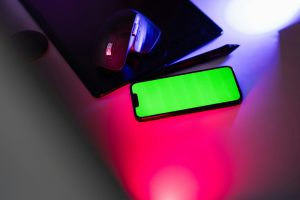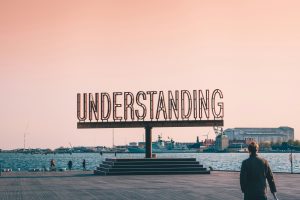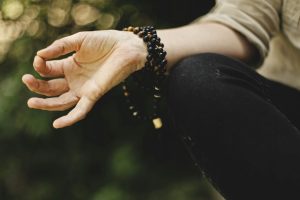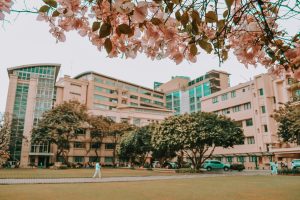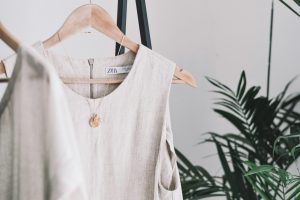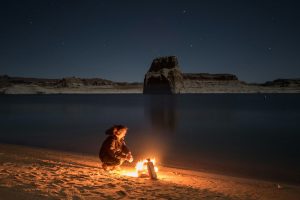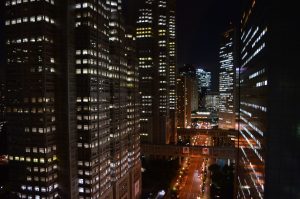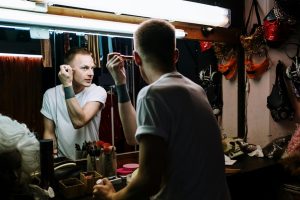Essential Considerations for Professional Camera Gear Setup
As professional photographers, having the right camera gear setup is crucial for capturing the perfect shot. From the camera body to lenses and accessories, every component plays a vital role in creating stunning images. However, with so many options available in the market, choosing the right gear can be overwhelming. In this article, we will discuss the essential considerations for setting up a professional camera gear setup, ensuring that you have all the tools you need to bring your vision to life. 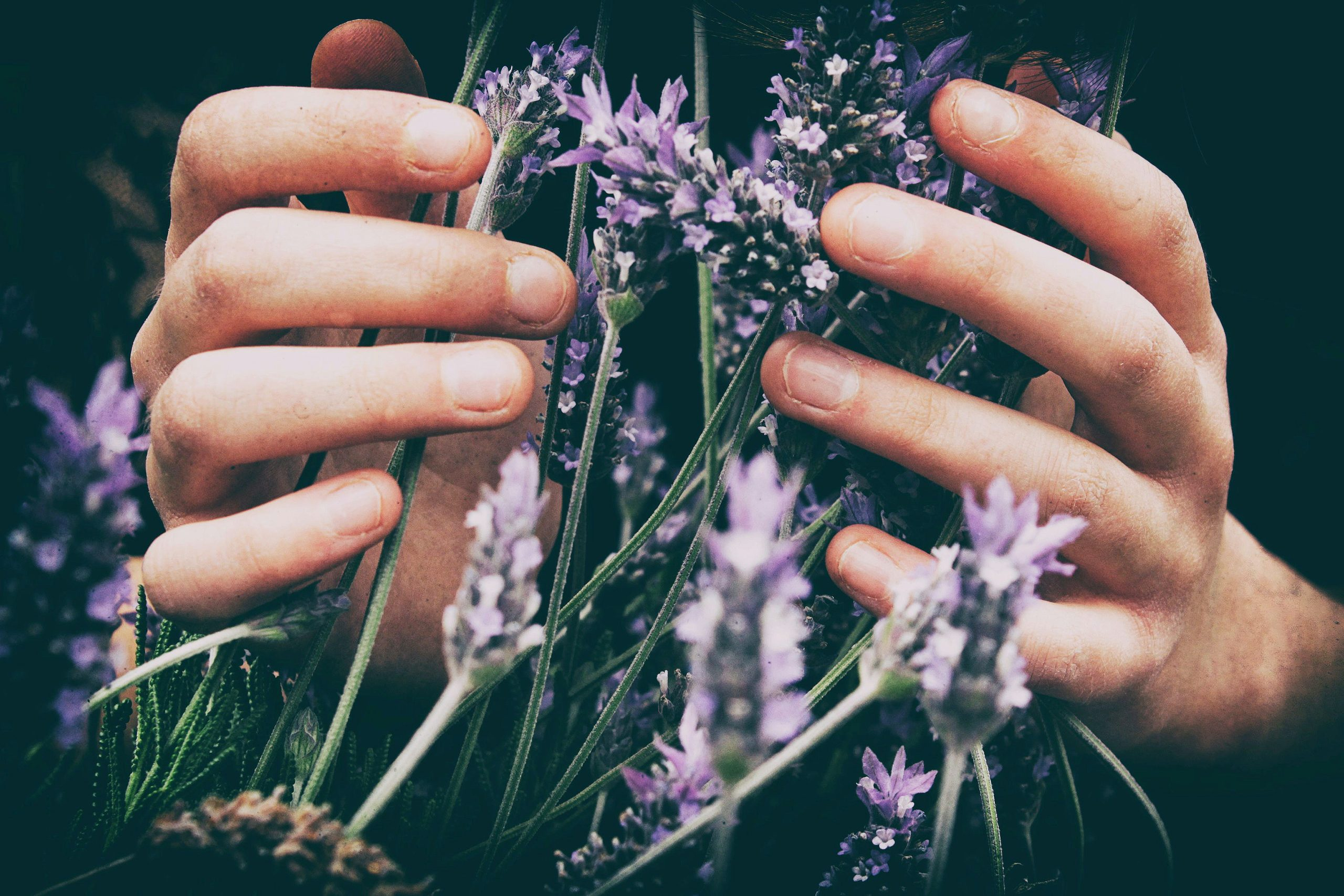
The Camera Body
The first and most critical part of any camera gear setup is the camera body. When deciding on a camera body, you need to consider factors like your budget, shooting style, and skill level. Most professional photographers opt for full-frame cameras as they offer better image quality, dynamic range, and low light performance. However, if you are just starting or have a tighter budget, crop sensor cameras can also produce exceptional results.
Sensor Size
The sensor size is another important consideration when choosing a camera body. As mentioned earlier, full-frame cameras have larger sensors, which means they can capture more light, resulting in better image quality. For photographers who specialize in landscape or architecture photography, a full-frame camera may be the better option. On the other hand, if you primarily shoot sports or wildlife, a crop sensor camera with a higher shutter speed may be more suitable.
Megapixels
The number of megapixels a camera has can also affect the overall image quality. However, it is not the only determining factor. While a higher megapixel count can result in more detail in your images, it also means larger file sizes and slower processing speed. If you plan on printing your images in large formats, then a higher megapixel count may be necessary. But for most professional photography, a camera with 20-30 megapixels is more than enough.
Lenses
Once you have the camera body sorted, the next step is to invest in a good set of lenses. Your choice of lenses will depend on the type of photography you specialize in and the subjects you shoot. For portrait photography, a lens with a wide aperture, such as a 50mm or 85mm, is ideal for creating beautiful bokeh and separating the subject from the background. Landscape photographers, on the other hand, may opt for wide-angle lenses to capture expansive scenes.
Focal Length and Aperture
The focal length and aperture of a lens also play a significant role in determining its suitability for different types of photography. Telephoto lenses, such as a 70-200mm, are perfect for wildlife and sports photography, while a wide-angle lens with a smaller aperture is better suited for landscapes. It is also essential to consider the maximum aperture of a lens. Lower f-stop numbers mean wider apertures, which allow more light into the lens, resulting in better low-light performance.
Accessories
Along with your camera body and lenses, some essential accessories can help improve your photography and keep your gear safe. A sturdy tripod is a must-have for any professional photographer as it allows for stable shots, long exposures, and landscape photography. A flash, external battery pack, and filters are also useful accessories to consider, depending on your style of photography.
Camera Bag
Protecting your gear while on the go is crucial, and this is where a good quality camera bag comes in. When choosing a camera bag, ensure that it is well-padded and has enough compartments to store all your gear safely. It should also be comfortable to carry, especially if you plan on traveling frequently for photoshoots.
Memory Cards
Lastly, invest in high-quality memory cards to store your images. The capacity and speed of a memory card can affect your shooting speed, so make sure to choose one that can keep up with your camera’s capabilities. It is also a good idea to have spare memory cards on hand, just in case.
Final Thoughts
Building a professional camera gear setup takes time and careful consideration. While it may seem like a significant investment, having high-quality equipment is essential to produce exceptional images consistently. Remember to always consider your shooting style, budget, and skill level when investing in camera gear, and don’t be afraid to try out new equipment to find what works best for you. With the right camera gear setup, you can elevate your photography and capture breathtaking images that truly stand out.



